
Dena Paluck became a mentor to other parents after guiding her daughter through osteosarcoma treatment and feeling isolated during the process.

Spencer, Assistant Editor of CURE®, has been with MJH Life Sciences since 2024. A graduate of Rowan University with a bachelor's degree in health communication, Spencer manages CURE's Facebook, Instagram and YouTube. He also enjoys spending time with family and friends, hiking, playing guitar and rock climbing.

Dena Paluck became a mentor to other parents after guiding her daughter through osteosarcoma treatment and feeling isolated during the process.

In a phase 3 trial, 72.2% of patients with recurrent low-grade bladder cancer kept complete response at 24 months after Zusduri treatment.

Staci Kirk, a six-time cancer survivor, founded the Stiletto Boss Foundation to empower women through mentorship, self-advocacy and healing.

The FDA accepted a supplemental application for Breyanzi to treat adults with relapsed or refractory marginal zone lymphoma after two prior therapies.

An expert helps patients with metastatic breast cancer understand treatment sequencing, biomarker testing and emerging options to support decision-making.

Jake Messier uses TikTok to raise awareness about male breast cancer, advocate for inclusivity and foster community after his stage 4 diagnosis.

BMT-CARE app boosted quality of life, lowered depression and PTSD symptoms, and improved coping mechanisms for caregivers of stem cell transplant patients.

SAR446523, an investigational antibody targeting GPRC5D, received FDA orphan drug status and is in phase 1 trials for relapsed/refractory multiple myeloma.

A resilience program for young people with advanced cancer helped patients cope early on and led to a better quality of life after 6 to 12 months.
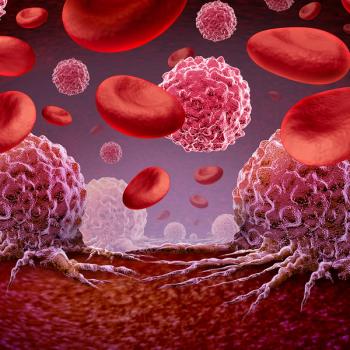
Jaypirca led to better response rates than Imbruvica in some previously treated patients with chronic lymphocytic leukemia or small lymphocytic lymphoma.
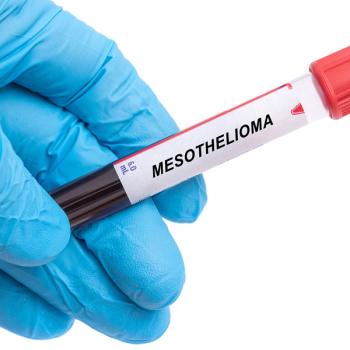
The FDA awarded orphan drug designation to VT3989 for mesothelioma, supporting the experimental cancer treatment’s development.

Imfinzi plus chemo cut progression or death risk in early gastric cancer; the FDA's decision is expected late 2025 following breakthrough designation.
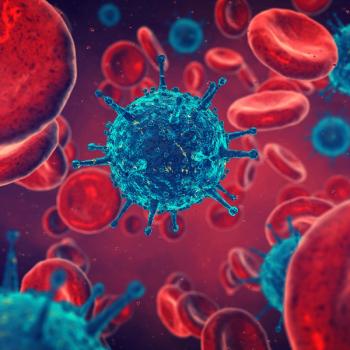
Cytopenia at myelofibrosis diagnosis raises risk of acute myeloid leukemia and lowers survival, highlighting the need for tailored treatment strategies.

Gedatolisib combined with Faslodex and Ibrance improved progression-free survival in patients with advanced breast cancer after prior therapies.

Patients with essential thrombocythemia faced an average delay of 26.5 months between their first high platelet count and diagnosis.
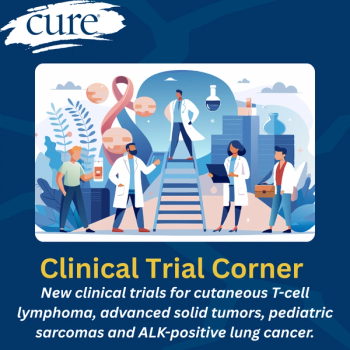
New clinical trials are advancing treatments for cutaneous T-cell lymphoma, advanced solid tumors, pediatric sarcomas and ALK-positive lung cancer.
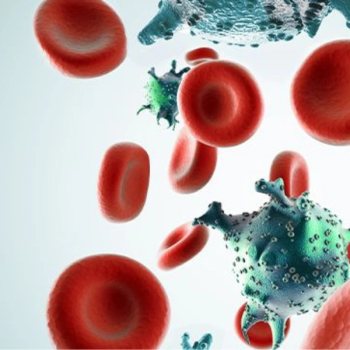
Doptelet and new oral sprinkle granules is approved for children one year and older with chronic immune thrombocytopenia, showing 28% durable platelet response in study.
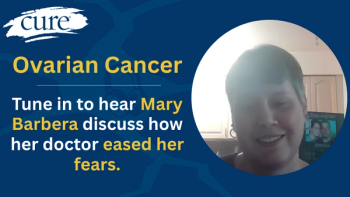
Barbera credits Dr. Donna Klobocista’s compassionate guidance before surgery for giving her confidence; now she mentors others facing ovarian cancer.

Fotivda preserved quality-of-life scores in kidney cancer, with better outcomes in second-line use and no added benefit from combining with Opdivo.

Adding SCIB1 or iSCIB1+ to standard treatments helped more patients with advanced melanoma respond and live longer without extra side effects.
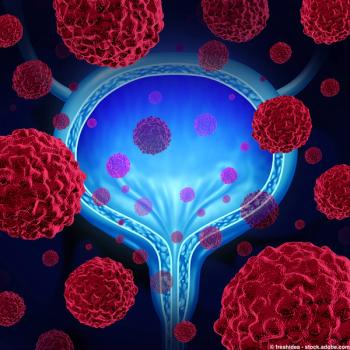
Patients with high-risk bladder cancer reported similar quality of life when treated with sasanlimab plus BCG versus BCG alone, new study data showed.

The FDA granted fast track status to DB-1310, a HER3-targeting antibody-drug conjugate, for advanced nonsquamous non-small cell lung cancer.

A system that alerts doctors when high-risk cancer patients are admitted helped reduce hospital readmissions and shorten hospital stays in a recent study.
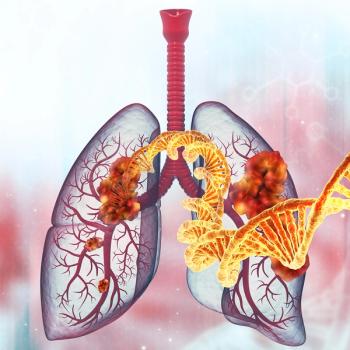
Tagrisso with chemo significantly improved survival and progression-free outcomes versus Tagrisso alone in newly diagnosed advanced EGFR-mutated lung cancer.

Treatment with Zusduri had a median duration of response of 3.5 years and event-free survival of two years in low-grade intermediate-risk bladder cancer.

Quality-of-life in lung cancer varies, with certain treatments leading to sleep-related issues, pain, and emotional changes depending on disease stage.

FDA grants priority review to TAR-200, which demonstrated an 82% complete response in high-risk bladder cancer unresponsive to Bacillus Calmette-Guérin.

SH-110, a liquid cancer treatment for glioma, earned orphan drug status from the FDA, helping patients who struggle to swallow pills access therapy.
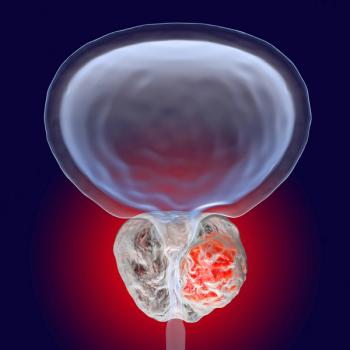
Carotuximab plus Erleada proved safe in the first 10 patients with metastatic castration-resistant prostate cancer dosed on the phase 2 trial.

Bria-IMT plus a checkpoint inhibitor improved survival versus Trodelvy and chemo in patients with heavily pretreated metastatic breast cancer.